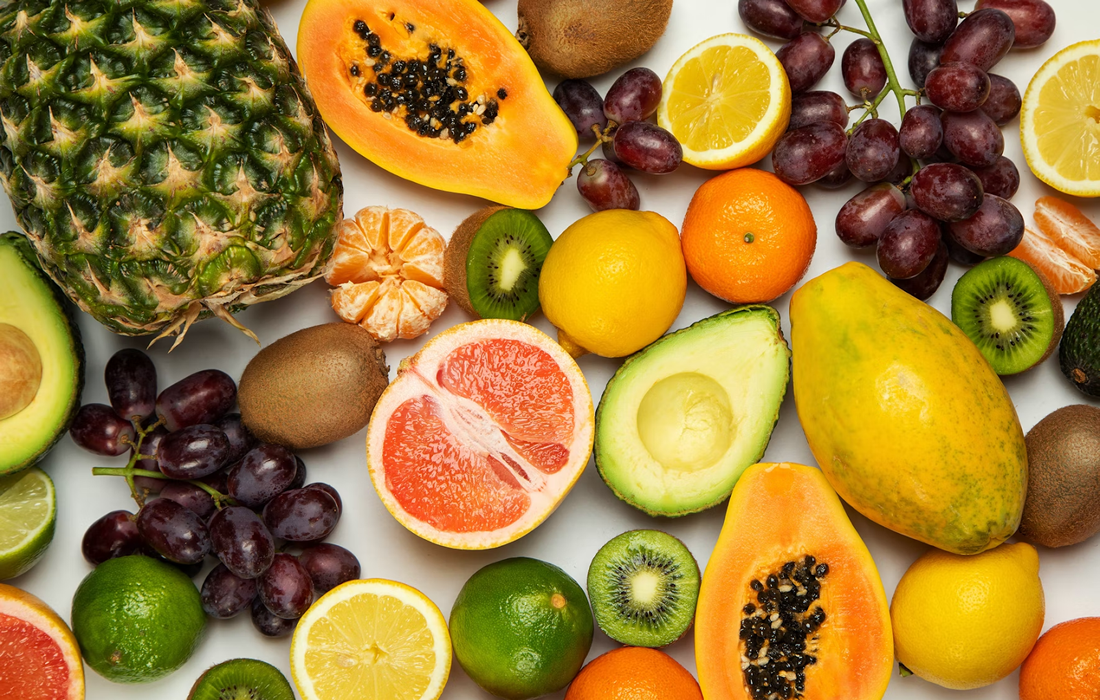Regenerative Medicine News and General Information
Fructose Induces Pancreatic Islet Damage According to New Study
The prevalence of type 2 diabetes has doubled over the past 2 decades, becoming a major threat to global health. Although T2DM is associated with genetics, the development of glucose intolerance is also a consequence of lifestyle and dietary patterns.
There is some evidence that associates the consumption of fructose-containing sweetened beverages, as part of the western diet, with the development of T2DM. Also, dietary fat which is a prominent component of the western diet has been implicated with the development of type 2 diabetes.
In a recently published study, reseachers reported that dietary fat enhances intestinal fructose metabolism causing glucose intolerance. The results appear in the journal Cell Metabolism.
Islet Damage and Glucose Intolerance
Studies have shown that high fructose feeding can induce insulin resistance. For the study, the team examined the effects of dietary fat on intestinal fructose metabolism by measuring the expression of enzymes in the jejunum of mice fed high-fat diet or a control diet. The group with the high-fat diet had an increased weight and liver mass compared with the control group.
They also found that chronic high-fat diet further enhanced the fructose conversion and metabolite production in the small intestine, which resulted in elevated fructose metabolites, including glycerate.
According to previous studies, chronically elevated cicrulating glycerate levels may be a risk factor for diabetes via a yet unknown mechanism.
The team concluded that high-fat diet increased the fructose metabolism in the small intestine causing an increased release of glycerate into the blood stream. This effect if maintained chronically can also induce pancreatic islet cell damage inducing glucose intolerance. The results suggest that dietary fructose can be an important factor in the development of diabetes.
Source:
Yanru Wu, et al. Glycerate from intestinal fructose metabolism induces islet cell damage and glucose intolerance. 2022. Cell Metabolism. https://doi.org/10.1016/j.cmet.2022.05.007
Image from:
Photo by Julia Zolotova on Unsplash

